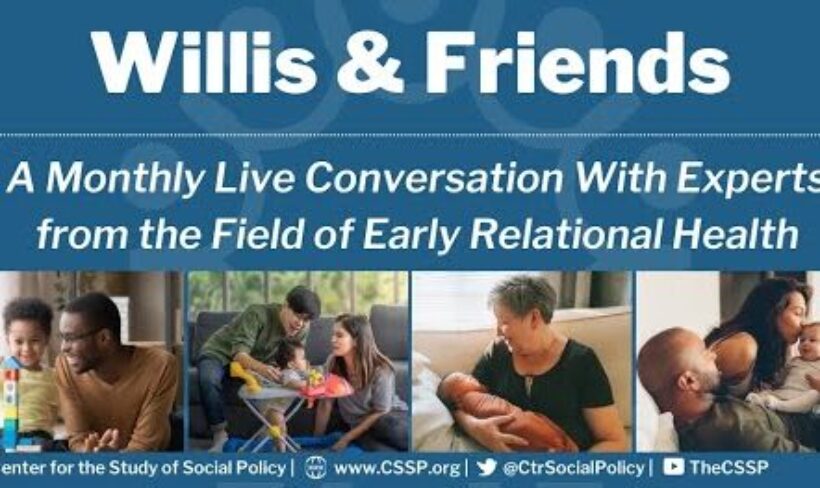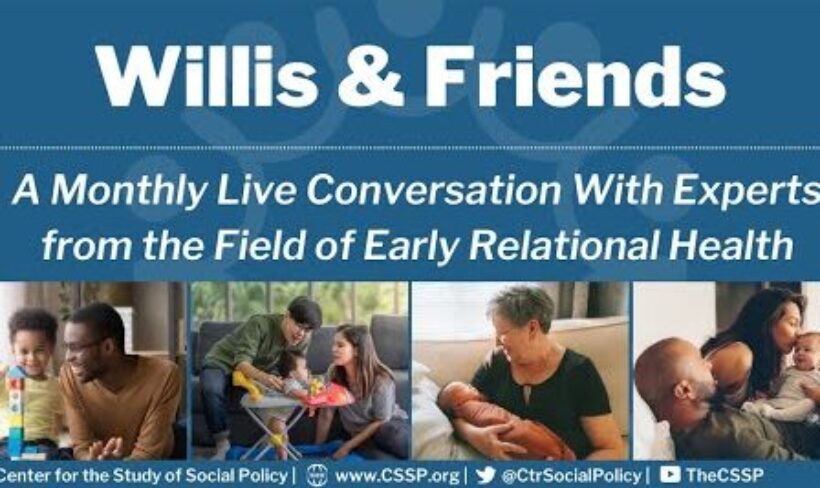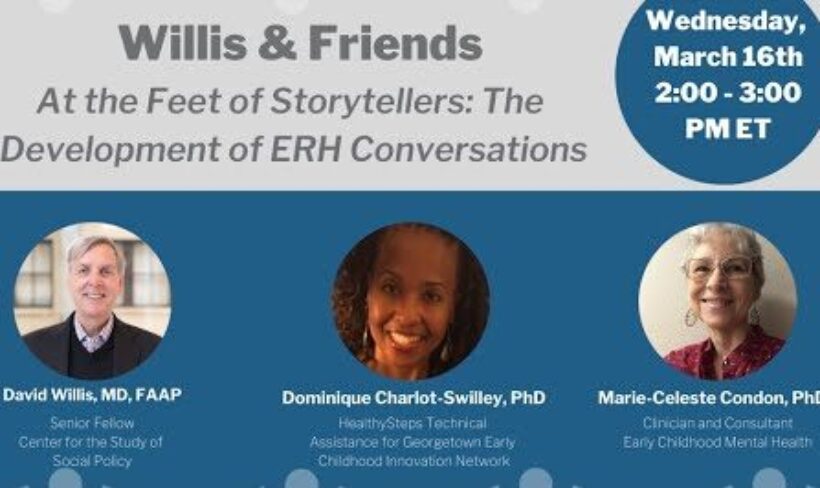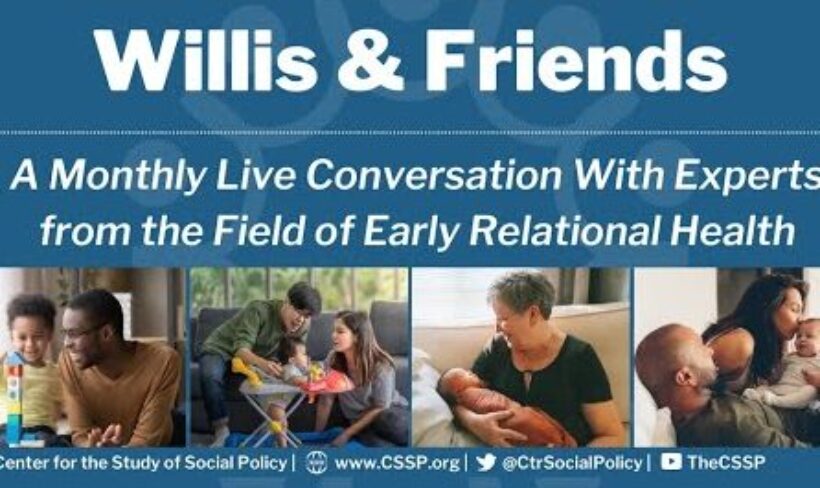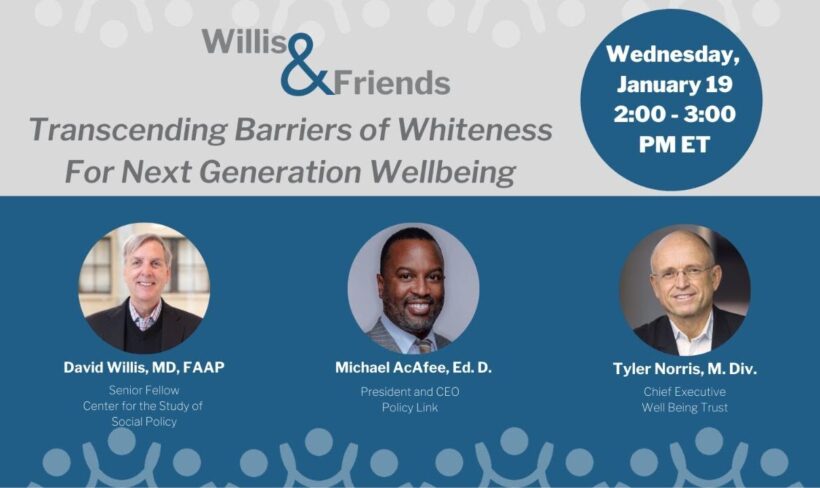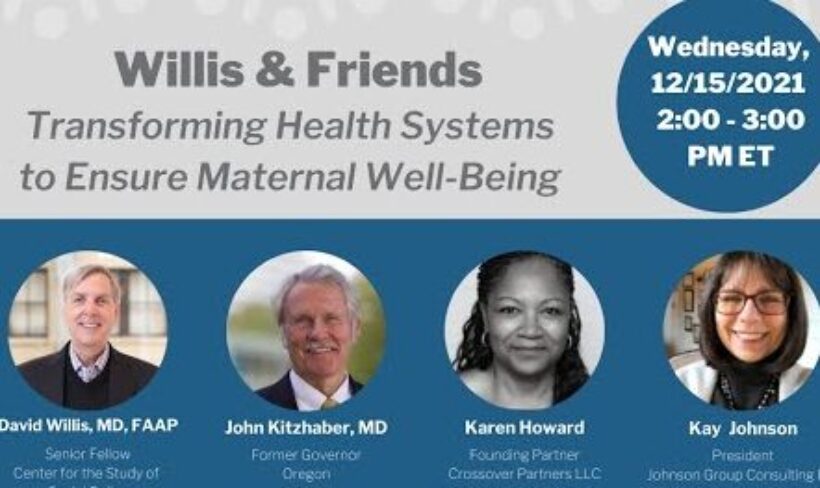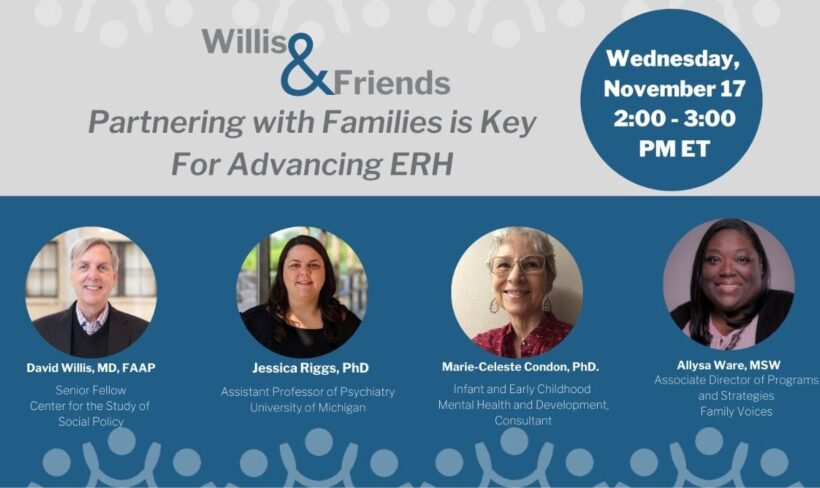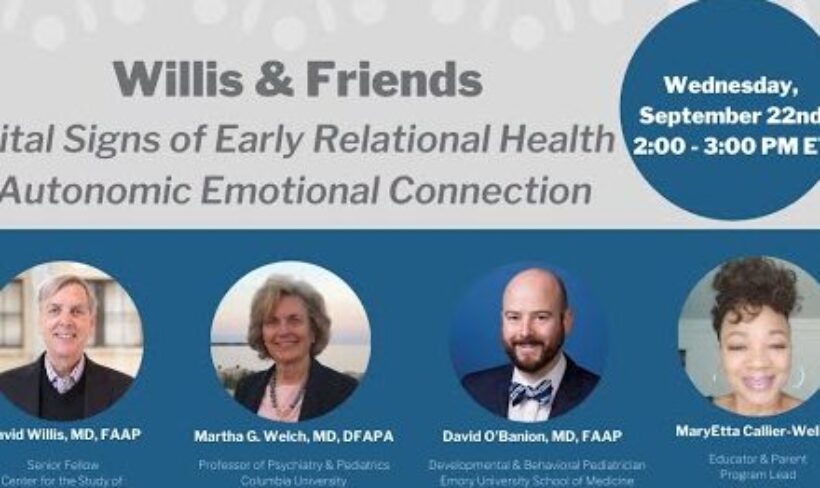The 12th Willis & Friends livestream explored the concerns from pediatricians, home visitors, child development experts, and parents have had on the impact of mask-wearing on mother-infant relationships.
Resources
Featured Resources
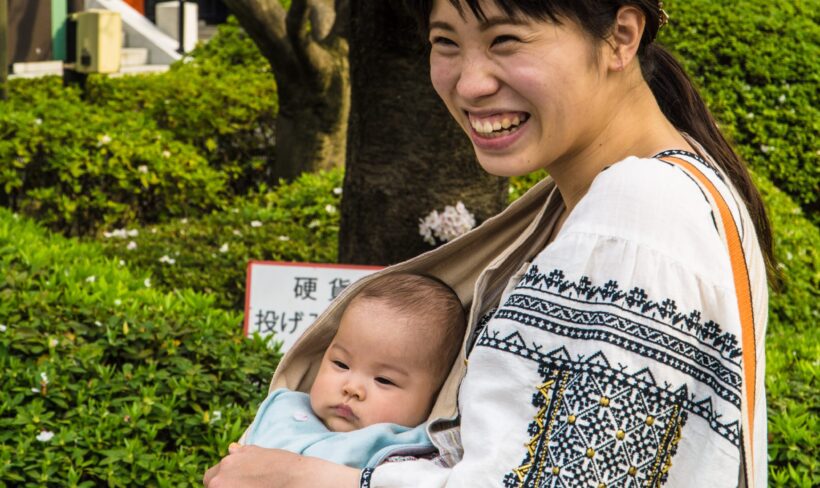
Early Relational Health: Innovations in child health for promotion, screening, and research
Relational experiences during infancy and early childhood are key drivers for building health, social emotional development, and learning capacities, each vital for wellbeing. The U.S. child health sectors share a commitment to universal health promotion, prevention and early intervention, and a growing enthusiasm for the research-affirmed primacy of caregiver-child interactions during the critical first 1000 days of life.
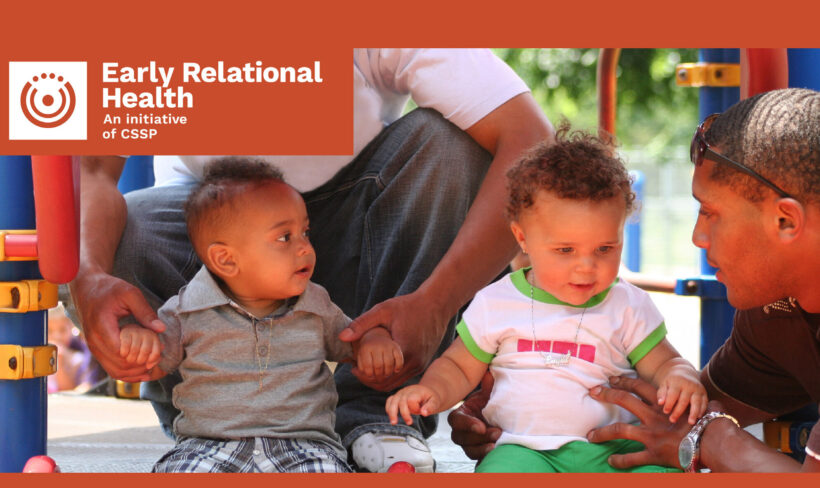
Policy Change to Promote Early Relational Health
The early and foundational relationships that babies and toddlers experience with their parents shape the health and well-being of two generations. This brief highlights opportunities to promote early relational health with policy change and investments, including with existing programs, pandemic funding, and pending legislation in Congress.

Building relationships: Framing Early Relational Health
This strategic brief, produced in collaboration with the FrameWorks Institute, offers a comprehensive framing strategy to help shift public attention to and understanding about Early Relational Health.
Browse All Resources
The 11th Willis & Friends discussed how to view children’s growth through healthy outcomes from positive experiences (HOPE). These positive early childhood experiences are important drivers of healthy child development and future adult health and counter adversity, that can come from adverse childhood experiences.
The 10th Willis & Friends brought together two of the three developers of the Early Relational Health Conversation model – Marie-Celeste Condon, PhD, and Dominique Charlot-Swilley, PhD. They described their experiences in researching African American families’ experiences with the ERH screening and more.
The 9th edition of the Willis & Friends series explored the attachment infants and young children have to toys. Speakers examined preliminary findings from infant-parent research, lived experiences, and the shared emotional experiences from within the Latinx, Asian, and Black communities.
Early Relational Health e-Newsletter.
The 8th edition of the Willis and Friends live series will explore how to move beyond “centering Whiteness” to realize once-in-a-generation opportunities for Black and Brown families from President Biden’s Build Back Better agenda.
The 7th edition of Willis and Friends live series will provide an enlightening conversation with three national policy leaders about the unprecedented opportunities to advance early relational health as a result of the enactment of the American Rescue Plan Act and the proposed Build Back Better Act.
In the sixth conversation of this series, David Willis, MD, welcomes three national innovators and thought leaders who have partnered with CSSP to develop meaningful approaches for advancing early relational health promotion, measurement, and partnerships with families.
In the fourth conversation of this series, participants discussed the recently discovered autonomic emotional connection. The connection is an observable state of co-regulation between loved ones when their stress physiology in the body and brain are mutually calmed by the sight, sound, smell, touch, and even taste of one another.

Join the Nurture Connection Movement
Community by community, we are building a networked and engaged movement in partnership with parents and families.
Through our collective commitment and effort, we can make sure that every child is cared for and valued, every family is supported and heard, and every community is made stronger through positive and enduring emotional connection.
